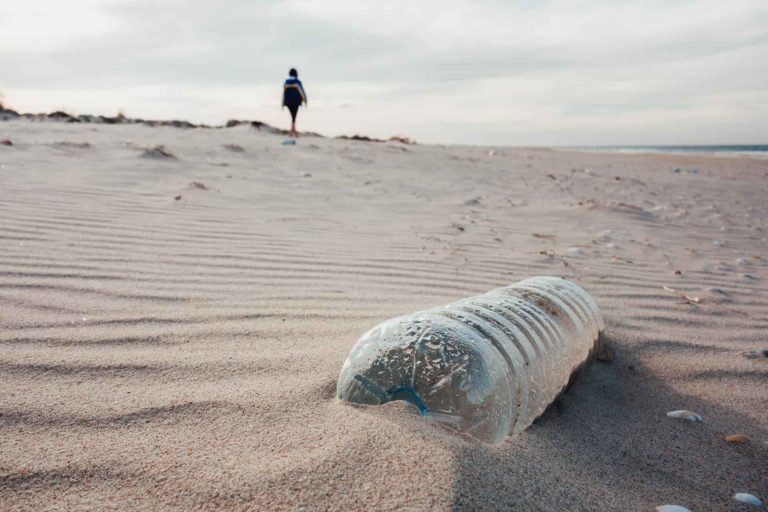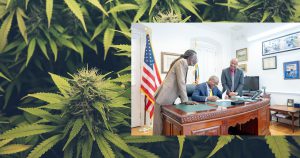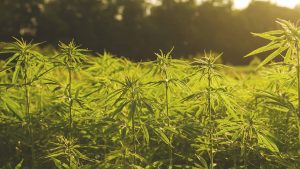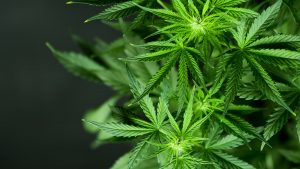The US Virgin Islands has been progressive in tackling environmental issues the past few years. With bans on plastic bags, straws and most recently coral-killing sunscreen, the USVI is waking up to stronger environmental policies. Styrofoam, your days are numbered!
At the confirmation hearing of three members of the VI Cannabis Advisory Board (VICAB), almost all questions were on how medical cannabis will effect people and businesses of the Virgin Islands. While the effects on Virgin Islanders and businesses are important issues, not one question was raised about effects to our environment.
A search of the Virgin Islands Medical Cannabis Patient Care Act (MCPCA), which legalizes medical cannabis in the territory, yields ZERO results when searching for “environment”.
Cannabis and “hemp” industries come with a slew of environmental problems. Like runoff that can send high concentrations of nutrients into our waters. This could rapidly increase sargassum problems, promote coral die-off, and create algae blooms like Florida experiences. Rules must be put into effect that halts issues before they start, instead of AFTER they become an issue. Visionary instead of Reactionary.
While many environmental issues exist, we will be focusing on one: single-use plastic.
Single-Use Plastic
Single-use plastics fill our landfills, litter our beautiful beaches and embed micro-plastics into our environment. We may not be able to ban ALL single-use plastics imported into the islands. But we can make an impact reducing plastic with our locally produced goods. With medical marijuana not even sold yet, let’s nip the issue in the bud and ban all cannabis single-use plastic in the territory.
The US Virgin Island’s issues with trash and landfills has been an ongoing issue for decades. A recent study shows Caribbean nations produce more plastic waste per person than anywhere in the world. While the article doesn’t take into account the large amount of tourists into these communities, it is still an enormous issue.
Cannabis single-use products are starting to gain the attention of environmental groups. In Canada, a gram of cannabis comes with over 70 grams of plastic. If you were to buy 1 gram of three different cannabis strains, you would have almost a half pound of plastic waste. Each strain would need separate packaging!
Cannabis has stricter regulations than pharmaceuticals when it comes to packaging and labeling. Many state regulations require tamper-proof and child-proof packaging. Requiring strict guidelines for information that must printed on labels. More labeling requires bigger packaging to fit all the information. Where most pharmaceuticals come with printed pamphlets, all the information is not mandatory on the bottle.
Solution & Alternatives
The VI Cannabis Advisory Board (VICAB) sets the regulations on medical marijuana labeling and packaging. VICAB has the power to ban single-use plastics without legislation. Simply by adding a requirement that all marijuana packaging use non-petroleum based plastic. Alternatives exist, so let’s use them!
Single-use glass, cardboard, even tin containers are much more environmentally friendly than single-use plastic. But there are even better options when it comes to cannabis packaging.
Sana Packaging is one of many companies starting to produce sustainable, plant based packaging. Sana uses hemp plastic to make cannabis flower containers, pre-roll and vape containers. All of these hemp based products are child-proof and tamper proof! Plant based plastic, as opposed to petroleum based, is less harmful if it ends up in the landfill or ocean.
Elevate Packaging has biodegradable packaging for the cannabis industry. Much like the new biodegradable plastic cups that are available in restaurants across the territory. These containers offer a great alternative to never-degradable plastics.
Labeling written on cannabis packages should be kept to a minimum. Basic information needs to be displayed prominently on products. Though that information shouldn’t force retailers to use larger containers for compliant labeling. Use of pamphlets provide more in-depth product information and education. Even if we use environmentally friendly packaging, we should still not be be using more than necessary.
VICAB must ban the use of petroleum based single-use products in the cannabis industry before sales start. A combination of glass, tin, cardboard, hemp plastics and biodegradable packaging is enough to outright ban all cannabis single-use plastics in the market.








